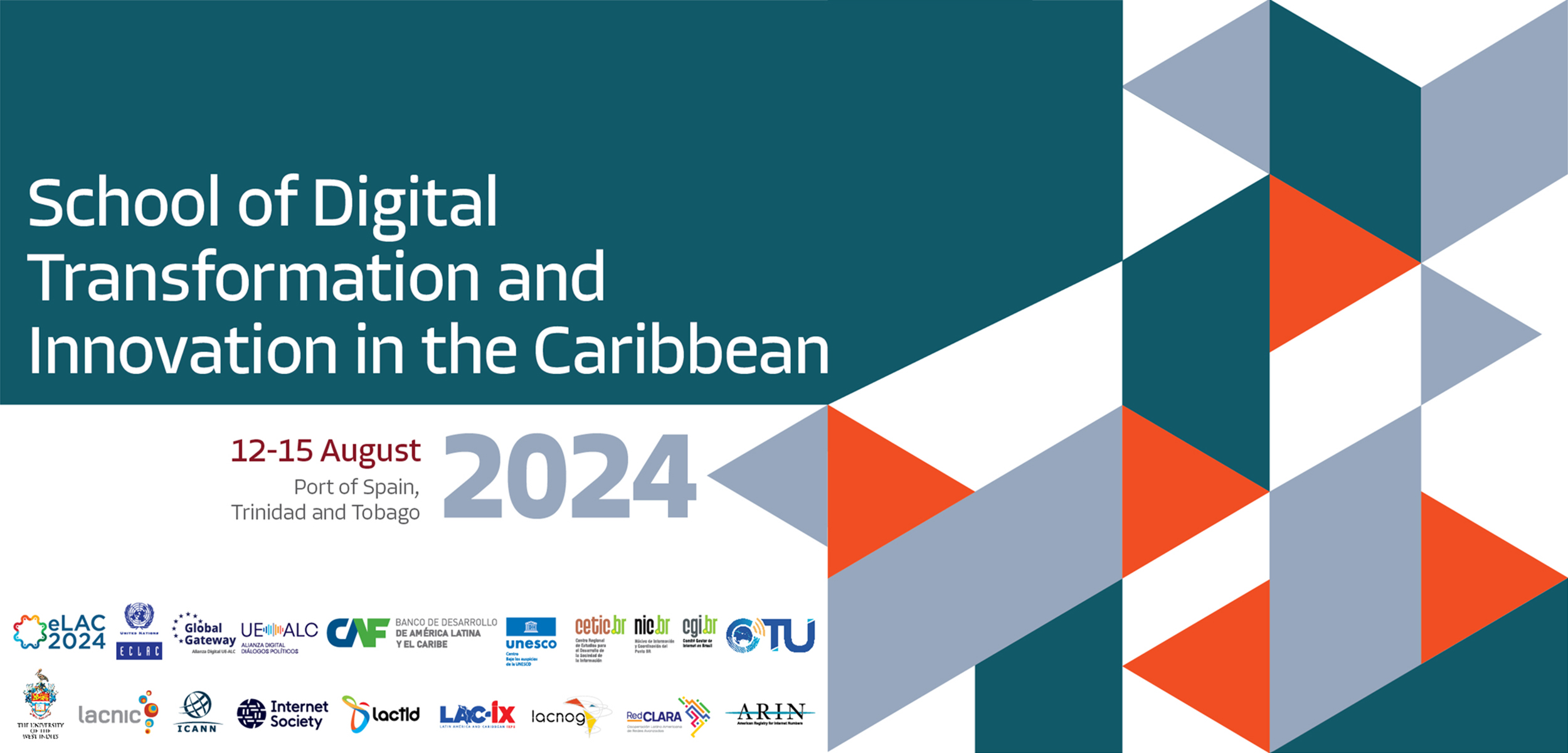Report on the Expansion of Prosecution Authority and Related Government Initiatives
Introduction
The National Planning Commission has announced a significant policy shift aimed at the “prosecution completion,” which involves the complete deprivation of prosecution’s investigation rights. This initiative includes expanding the authority of the Senior Civil Servant Corruption Investigations Unit (SCCIU) and reorganizing prosecutorial powers to enhance checks and balances within the prosecution system. This report highlights these developments with a focus on their alignment with the Sustainable Development Goals (SDGs), particularly SDG 16 (Peace, Justice, and Strong Institutions).
Expansion of the Senior Civil Servant Corruption Investigations Unit
-
Policy Meeting and Objectives
- On June 23, the National Planning Commission convened a meeting with the SCCIU to discuss expanding organizational functions and adjusting roles in coordination with the National Servant Corruption Investigations Agency (NTS).
- The goal is to strengthen the SCCIU’s role, a topic previously discussed under the Yoon Suk Yeol administration.
-
Urgency and Personnel Reforms
- There is an urgent need to expand the authority and functions of the SCCIU to address chronic manpower shortages.
- Proposals include abolishing term limits for prosecutors and investigators and introducing a qualification screening system to attract highly skilled personnel.
- Enhanced treatment for SCCIU staff compared to traditional prosecution roles has been suggested.
-
Legislative Coordination
- Discussions emphasized the importance of effectively adjusting and distributing authority during the legislative process to prevent overlap between the SCCIU and other investigative bodies.
-
Inter-agency Cooperation
- It was noted that other investigative agencies are likely to cooperate actively if the SCCIU performs its core role well, including oversight of the prosecution.
- Lee Hae-sik, head of the political administration division of the State Planning Commission, committed to developing a plan to internalize the SCCIU’s role within broader prosecution reforms.
Alignment with Sustainable Development Goals
- SDG 16: Peace, Justice, and Strong Institutions
- The expansion and reform of the SCCIU aim to promote transparent, accountable, and effective institutions by enhancing checks on prosecutorial power.
- Improving investigative capabilities and personnel quality supports the rule of law and reduces corruption.
Additional Government Reports and Initiatives
-
National Aeronautics and Space Administration (NASA)
- Presented a business report focusing on achieving self-reliance in satellite launch vehicle technology, including improving the performance of the Nuri rocket.
- Plans to expand R&D in the space industry to secure advanced technology consistent with SDG 9 (Industry, Innovation, and Infrastructure).
- Development of a “Roadmap for Space Science Exploration in Korea” is underway, along with plans to reorganize the National Space Commission to enhance strategic governance.
- Announced a blueprint for developing 6G advanced communication satellites, emphasizing domestic launch capabilities.
-
Nuclear Safety and Security Commission
- Reported plans to establish safety regulations for small modular reactors (i-SMR), aligning with SDG 7 (Affordable and Clean Energy) and SDG 12 (Responsible Consumption and Production).
- Committed to continuous monitoring and public information dissemination regarding the discharge of contaminated water from Japan’s Fukushima nuclear power plant, supporting SDG 14 (Life Below Water).
-
Overseas Koreans’ Administration
- Encouraged to expand voting rights for overseas Koreans and lower the age for allowing multiple nationalities, promoting SDG 10 (Reduced Inequalities) and SDG 16.
Conclusion
The National Planning Commission’s initiatives to reform prosecution powers and strengthen investigative units are critical steps toward achieving SDG 16 by fostering strong, transparent, and accountable institutions. Concurrently, advancements in aerospace technology, nuclear safety, and inclusive policies for overseas citizens contribute to a broader sustainable development agenda across multiple SDGs. Continued inter-agency cooperation and legislative coordination will be essential to realizing these goals effectively.
1. Sustainable Development Goals (SDGs) Addressed or Connected to the Issues Highlighted in the Article
-
SDG 16: Peace, Justice and Strong Institutions
- The article discusses the expansion of prosecution powers, strengthening investigative units, and reforming prosecution systems to ensure justice and reduce corruption.
- Focus on improving the role and authority of the Senior Civil Servant Corruption Investigations Unit reflects efforts to build effective, accountable institutions.
-
SDG 9: Industry, Innovation and Infrastructure
- The article mentions the Korea Aerospace Administration’s efforts to become self-reliant in satellite launch vehicle technology and expand R&D in the space industry.
- Development of advanced communication satellites (6G) and domestic launch capabilities indicate innovation and infrastructure development.
-
SDG 7: Affordable and Clean Energy
- The Nuclear Safety and Security Commission’s work on small modular reactors (i-SMR) and monitoring nuclear safety relates to clean, safe energy development.
-
SDG 10: Reduced Inequalities
- The call to expand voting rights for overseas Koreans and allow multiple nationalities addresses social inclusion and equal rights.
2. Specific Targets Under Those SDGs Identified Based on the Article’s Content
-
SDG 16 Targets
- 16.6: Develop effective, accountable and transparent institutions at all levels.
- 16.5: Substantially reduce corruption and bribery in all their forms.
- 16.3: Promote the rule of law at the national and international levels and ensure equal access to justice for all.
-
SDG 9 Targets
- 9.5: Enhance scientific research, upgrade the technological capabilities of industrial sectors, including space technology.
- 9.b: Support domestic technology development and research in developing countries.
-
SDG 7 Targets
- 7.2: Increase substantially the share of renewable energy in the global energy mix.
- 7.a: Enhance international cooperation to facilitate access to clean energy research and technology.
-
SDG 10 Targets
- 10.2: Empower and promote the social, economic and political inclusion of all, irrespective of nationality.
3. Indicators Mentioned or Implied in the Article to Measure Progress Towards the Identified Targets
-
Indicators for SDG 16
- Number and effectiveness of investigations conducted by the Senior Civil Servant Corruption Investigations Unit.
- Reduction in cases of corruption and bribery involving senior officials.
- Legislative reforms passed to adjust authority and improve prosecution systems.
-
Indicators for SDG 9
- Number of successful satellite launches using domestic technology.
- Amount of R&D investment in space industry and technological advancements achieved.
- Development and deployment of 6G advanced communication satellites.
-
Indicators for SDG 7
- Progress in development and regulatory approval of small modular reactors (i-SMR).
- Monitoring and management of nuclear safety, including discharge of contaminated water.
-
Indicators for SDG 10
- Number of overseas Koreans granted voting rights.
- Changes in nationality laws allowing multiple nationalities and lowering age limits.
4. Table of SDGs, Targets and Indicators
| SDGs | Targets | Indicators |
|---|---|---|
| SDG 16: Peace, Justice and Strong Institutions |
|
|
| SDG 9: Industry, Innovation and Infrastructure |
|
|
| SDG 7: Affordable and Clean Energy |
|
|
| SDG 10: Reduced Inequalities |
|
|
Source: mk.co.kr







